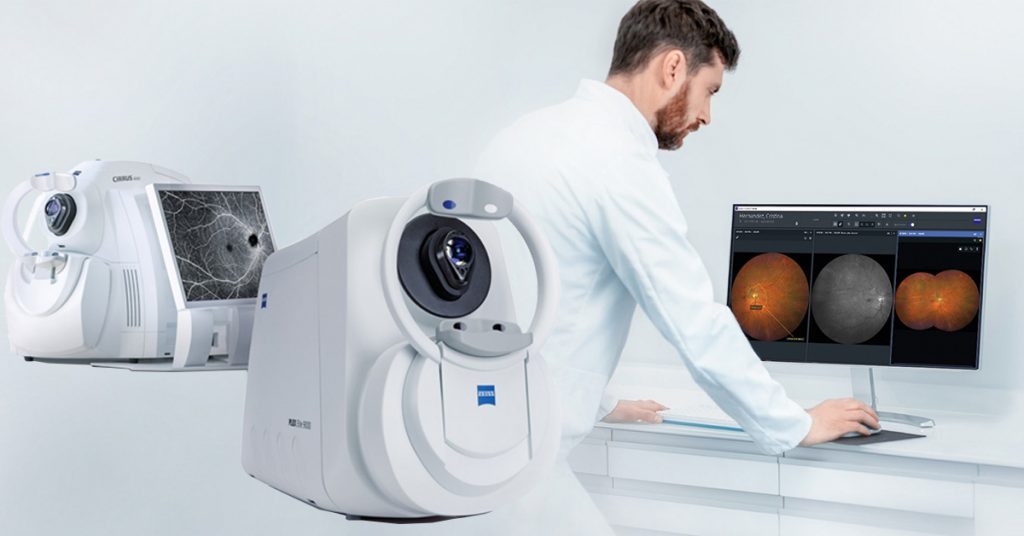Dry eye syndrome, also known simply as dry eye, is a common condition that occurs when your tears aren’t able to provide adequate lubrication for your eyes. This can happen for several reasons: either the eyes do not produce enough tears, or the tears that are produced are of poor quality. The result is inflammation and damage to the eye’s surface.
Dry eye can be caused by a variety of factors, including:
Symptoms of Dry Eye Syndrome may include:

Treatment for dry eye aims to restore or maintain the normal amount of tears in the eye to minimise dryness and related discomfort and to maintain eye health.
Managing dry eye syndrome often requires a combination of treatments depending on the severity of the condition and the underlying cause. Regular consultations with our Optometrists are essential for individuals suffering from dry eye to determine the most effective treatment plan.
At Abra & Co., our skilled optometrists are experts at detecting and managing dry eye syndrome, ensuring a comfortable and comprehensive evaluation experience. When you visit us with concerns about dry eyes, our team will conduct a thorough assessment of your eye health and tear production through a series of evaluations designed to pinpoint the root cause of your discomfort.
Our approach begins with a detailed discussion about your symptoms, lifestyle, and any factors that could be contributing to your dry eye condition. This conversation helps us understand the specific challenges you’re facing and guides our examination strategy.
We then proceed with an evaluation that, while comprehensive, is tailored to efficiently assess the state of your tear production, the health of your eye surface, and how well your tears are functioning to keep your eyes lubricated and comfortable. Our optometrists use the latest diagnostic tools to measure the quantity and quality of your tears and to closely examine the surface of your eyes for signs of dryness, inflammation, or damage.
Based on the findings, we’ll discuss the most effective treatment options tailored to your specific needs. Our goal is to ensure you understand your condition and the steps you can take to improve your eye comfort and health. Whether your treatment plan includes lifestyle adjustments, over-the-counter solutions, prescription medications, or other therapies, we’re here to support you every step of the way.
At Abra & Co., we believe in a patient-centered approach, ensuring that each visit is informative, reassuring, and leads to actionable solutions for your dry eye symptoms. Trust us to provide the care and expertise you need for clearer, more comfortable vision.




Personalised Care for a Clearer, Brighter World.